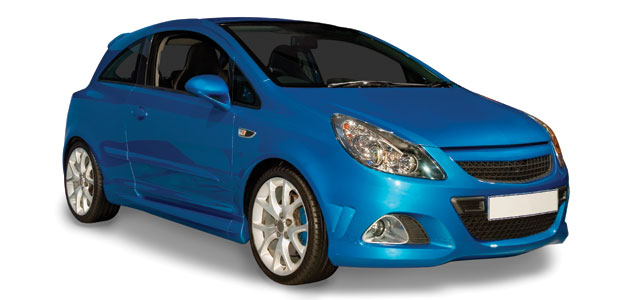Advertisement
Car Sharing Co-operatives
They walk among us

They walk among us. They’re our friends, our co-workers, our corner store owners. Undetectable by sight, they look just like you and me. They are people who don’t own cars.
With global warming concerns–not to mention gas prices–at an all-time high, is it any wonder people are exploring different ways of getting from point A to point B?
Public transportation, biking, and walking are just a few options. But for those who want access to a car without full-time ownership, car sharing co-operatives are a great solution.
Car sharing first appeared in Europe in the 1940s. As of 2007 Canada had 13 car sharing programs and almost 34,000 members sharing 1,499 vehicles, according to carsharing.net. There’s the Co-operative Auto Network (cooperativeauto.net) in places such as Whistler and Nanaimo, BC. Kitchener-Waterloo in Ontario has the Grand River CarShare (peoplescar.org). In Quebec, it’s Communauto (communauto.com).
Environmentally speaking, Canada could use fewer cars on the road. Our carbon dioxide (CO2) emissions rose 25 percent from 1990 to 2005–from 596 to 747 megatons, according to an April 2008 report.
In Quebec car sharing has reduced CO2 emissions by 10,000 tons annually, according to the first Quebec study released February 2007. The study also reported that the province had already reduced its emissions by 168,000 tons.
Reducing emissions is great. Saving money while you’re at it is even better. Car sharing is cheaper than owning your own car–no more insurance or repair bills. After paying a reasonable annual fee, you generally pay per use. Increasingly sophisticated programs that offer 24-hour access to cars by phone and Internet make signing up and booking driving time easy.
Some cities such as Washington, DC, even designate special parking spots for shared cars. Other places, including Berkeley, California and Portland, Oregon have teamed up with car sharing companies to provide vehicles for their municipal fleets.
Typically, six to eight people share a car. Imagine driving downtown with eight times less traffic and eight times more parking spots–that’s something to have a martini about (but not while you’re behind the wheel, eh?).
Speedy Car sharing Facts
Driving a mid-sized car 5,000 kilometres generates 1 ton of CO2 emissions.
Car sharers reduce their annualdistance travelled by car an averageof 2,900 kilometres.
Car sharing creates an annual net reduction in CO2 emissions of about 1.2 tons per person.
In April 2008’s “green” budget, the BC government decided to tax car sharers on trips over eight hours, generating less than an anticipated $1 million a year.
Car sharing operates in about 600 cities, in 18 nations, on four continents around the world.





